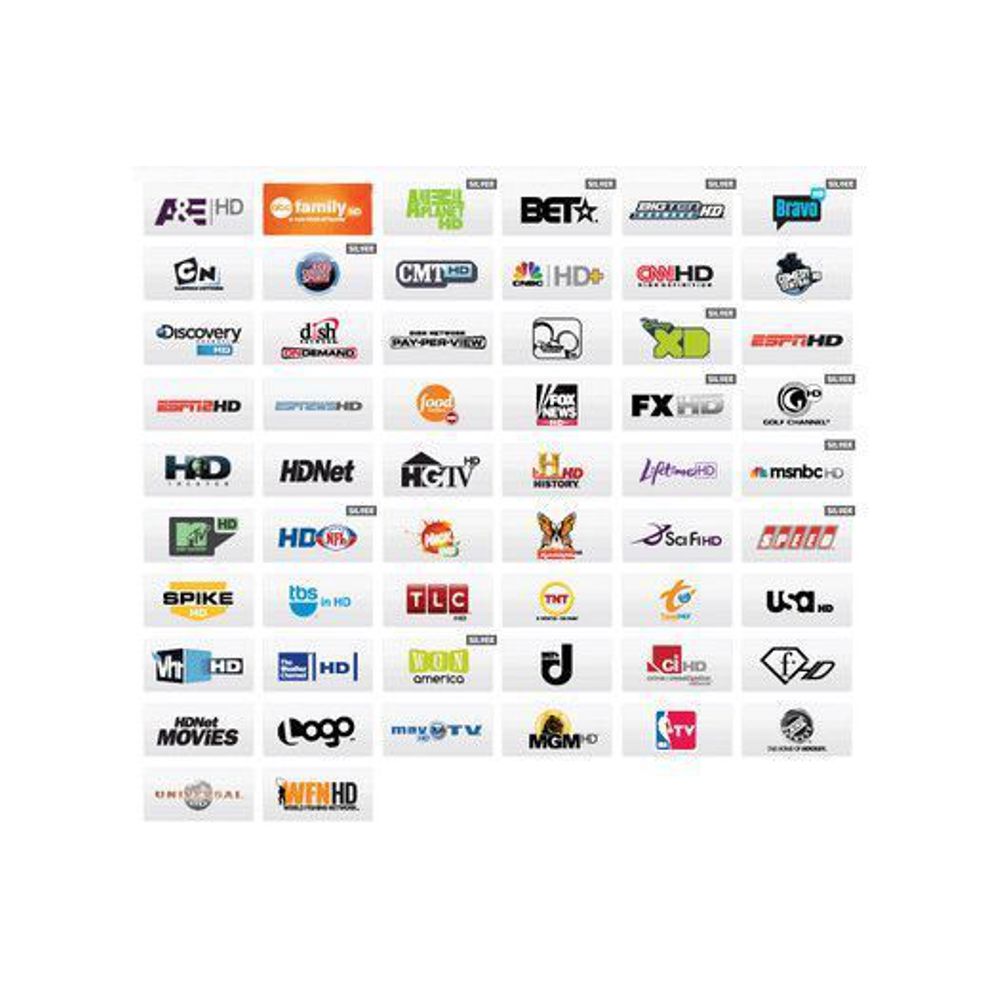Navigating the Complex Landscape of Regulatory Standards for Cyber Security in Multi-Unit Units to Ensure Occupant Safety and Information Protection
Wiki Article
In today's society, many people live in multi-dwelling units, such as apartment buildings and condominiums. These places frequently utilize shared infrastructures for online and additional services. While this arrangement can be convenient, it also raises important concerns about system security and compliance requirements. Guaranteeing the safety of residents and protecting their data is essential. This article will explore the complex landscape of compliance standards for system safety in multi-dwelling buildings, emphasizing how these guidelines help maintain tenants secure and secure.
A of the key regulatory guidelines that pertain to system safety is the General Data Protection Act (GDPR). This regulation is designed to protect personal data and confidentiality for persons within the European Union. While it mainly pertains to companies functioning in Europe, its tenets can influence procedures in different areas as well. For multi-dwelling buildings, adhering to GDPR means establishing strong data safeguarding protocols. This includes making sure that tenants' personal data is gathered, stored, and processed securely. By adhering to these guidelines, building administrators can assist establish confidence with residents and guarantee their data is protected from illicit intrusion.

Another significant guideline is the Healthcare Coverage Flexibility and Responsibility Law (HIPAA), which protects sensitive healthcare data in the healthcare sector. In multi-unit buildings, especially those that provide medical services or have tenants with particular health needs, adherence with HIPAA is crucial. This means that any health-related information gathered from residents must be kept private and protected. Property managers must ensure that their system infrastructures are designed to prevent information leaks and illicit access. By doing so, they not only adhere with regulatory requirements but also foster a safe living environment for all residents.
Alongside GDPR and HIPAA, the Credit Card Card Industry Data Protection Guidelines (PCI DSS) is another critical compliance guideline. This guideline is particularly relevant for multi-dwelling buildings that process credit card payments for rent or amenities. PCI DSS specifies protection measures that must be in place to protect customer data. This includes encrypting sensitive information and regularly reviewing system safety. By following PCI DSS guidelines, property managers can minimize the threat of information breaches and safeguard residents' monetary information, which is vital for maintaining their confidence and security.
Ultimately, it is crucial for multi-dwelling units to stay updated on local and federal laws regarding network safety. Laws and guidelines can evolve, and remaining informed is crucial for compliance. Property managers should frequently assess their safety protocols and procedures to make sure they meet current requirements. This proactive strategy not only helps in maintaining compliance but also enhances the overall security of the network. By focusing click this over here now on tenant safety and data protection, multi-unit buildings can establish a safe residential space that encourages confidence and reassurance among tenants.
To summarize, traversing the complex landscape of regulatory standards for network security in multi-dwelling buildings is crucial for guaranteeing tenant security and information safeguarding. By comprehending and applying guidelines like GDPR, HIPAA, and PCI DSS, building managers can create a secure space for their residents. Staying informed about local regulations and regularly reviewing security practices further enhances this commitment to safety. Ultimately, a strong emphasis on adherence not only protects tenants but also fosters a feeling of belonging and trust within multi-dwelling units.